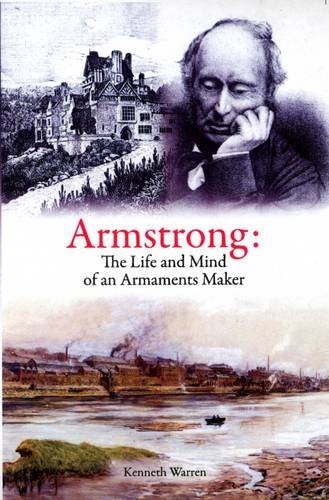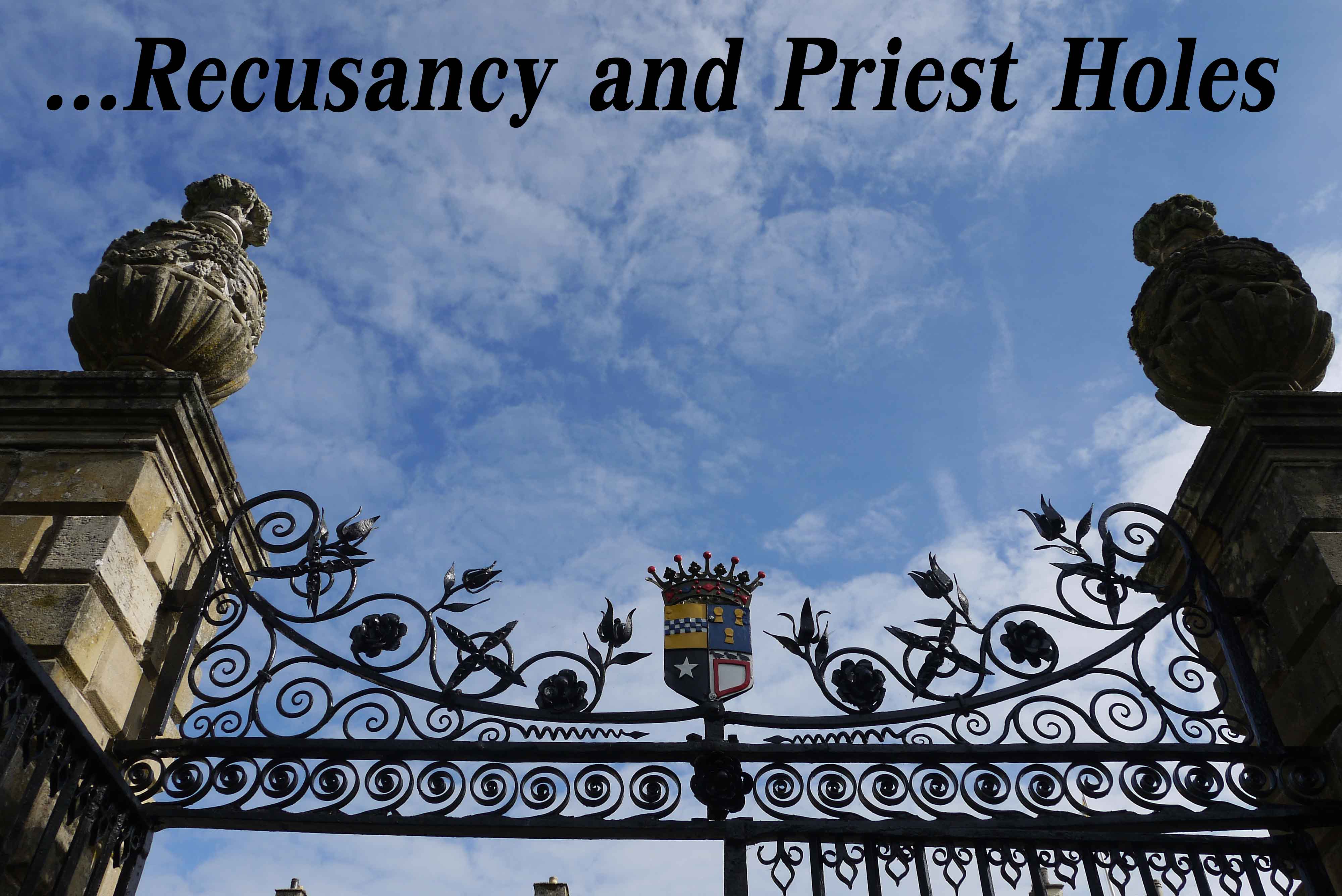 Synopsis (from book cover):
Synopsis (from book cover):
William George Armstrong was one of the leading and most successful of Great Britain’s nineteenth century engineers. At Elswick he began a career in mechanical and civil engineering, moving into armaments, and then on to naval and, at Walker, mercantile shipbuilding. In the later decades of the Victorian age his company was the only British firm comparable in size and range to Krupp of Essen, and by the end of his life Armstrong Whitworth was probably the largest industrial concern in Britain.
Armstrong possessed exceptional powers for concentrating on practical problems, and invaluable asset which he is said to have once summed up in the homely words: ‘Perseverance usually pays.” It brought him a distinguished reputation, high honours and great wealth. the last was used in large part to build a revolutionary house and estate, Cragside, set in magnificent gardens near Rothbury, in his native Northumberland. Cragside was the first house in the world to be powered by hydroelectricity. It is now part of the National Trust. To contemporaries his long career was a wonderful story of success. Even now his achievement seems exceptional, but whether it was good now looks much less obvious. Today we are disturbed by the contrasts between the peace and splendors of Cragside and the often blighted lives of his workers and their families in the drab terraced rows which once covered the slopes above Scotswood Road. Above all we are troubled by what, even during his lifetime, and still more shortly afterwards, resulted from the labours of this designer and manufacturer of weapons of war. This book explores these issues in the life of a fascinating but puzzling man.
Review:
For a long time I have been interested in the wide and varied engineering feats of Lord Armstrong. I am interested in the history of the armaments side of his inventions, but I felt the book was too focused on that side of his achievements and gives the impression that he promoted war.
I think that Armstrong’s developments of armaments would have been better portrayed if they were viewed in the perspective of how people thought in that era rather than putting modern day perspectives and retrospective thoughts/knowledge onto his achievements. He did not know about the wars that were shortly to follow his engineering feats.
All other sources I have read state that Armstrong was an advocate of peace and he developed the armaments to preserve that peace.
The book mentions the drab houses of the workers in comparison to the luxury of the Armstrong lifestyle, giving the impression that Armstrong should have done something better for his workforce. I find that train of thought rather naive, hard living (for the workers) was the reality of the times in those days and Armstrong had been thoughtful enough to provide adequate housing for his workers. He also developed labour saving devices for those who worked in his household.
I feel that the book glosses over the other amazing engineering achievements that Armstrong developed, including those labour saving devices for for the people who worked in his household. Armstrong was a many faceted man and in my opinion this book does not reflect that.
I did however find the book thought provoking!








That’s an interesting review Cherie[ I love your book reviews]. if he could come back, he’d be suprised to see where his inventions lead,but also to see a woman now defending him.
I think perhaps he would be dismayed at the state of the world if he came back today.
I was watching a National Trust program earlier today, it is highlighting 6 of their properties. One of them is Cragside and the former chief gardener was waxing lyrical over both Lord and Lady Armstrong.
an excellent post CP. i do agree with “Perseverance usually pays”
Thank you
I also agree with the sentiment “perseverance usually pays”.
Those were the days when magnates bestrode the known world. Different times.
Those were the days when men of fiber persevered against all odds!
Some women did too…
Cragside and Scotswood road (then) were like chalk and cheese. It’s only when we hear of people like Titus Salt of Saltaire that we formulate ideas about the past. Lord Armstrong was probably only doing the best he could with the information he had. Scotswood road these days is a celebration of car showrooms that demonstrate modern technology.
that demonstrate modern technology.
I agree with you that Armstrong was probably doing the best with the information he had at the time. Hindsight is a wonderful thing
I haven’t been to Scotswood Road for at least 10 years. I was visiting Vickers Defence or whatever they were called at the time